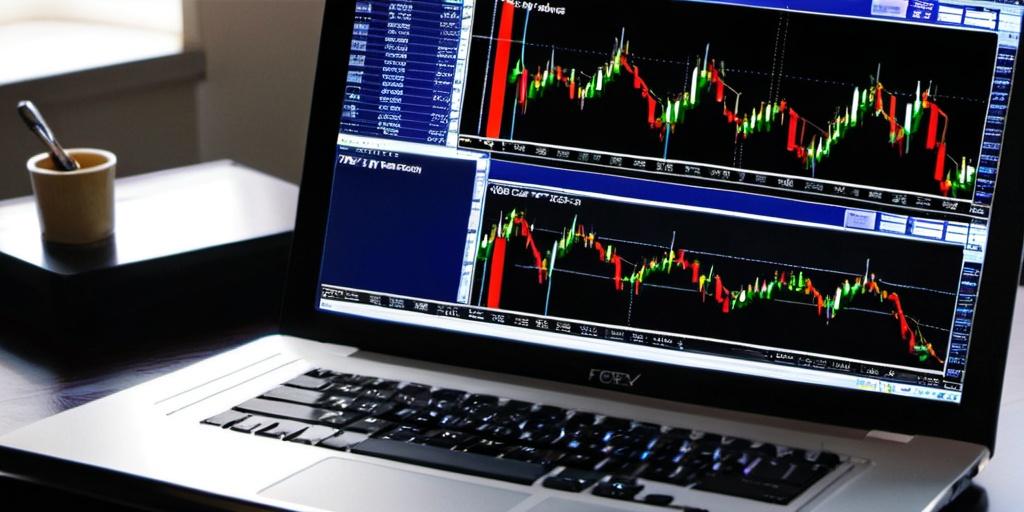The type of forex broker you use affects how your trades are executed, how spreads are calculated, whether commissions apply, and how conflicts of interest are handled. Market makers offer simplicity and stability, but may introduce bias. STP and ECN brokers offer transparency and tighter pricing, but often require higher minimum deposits and charge commissions. DMA and hybrid models offer more flexibility but cater to advanced needs.

Understanding how these broker types function helps you match your trading style to the right infrastructure. Whether you’re scalping five trades an hour or holding swing positions for days, the execution model behind your broker matters more than most people realise.
Below we will provide short descriptions on how different types of brokers function. You can read more detailed guides for each type of broker by visiting Forex.ke. A good source of information about forex brokers. The site focuses on Kenya but the information is in English and universally applicable.
Market makers (Dealing Desk brokers)
Market makers, often referred to as Dealing Desk (DD) brokers, are the traditional retail forex brokers. They literally “make the market” for their clients by taking the opposite side of a trade. When you buy, they sell. When you sell, they buy. This doesn’t mean they’re trying to make you lose—it just means they’re providing liquidity from within their own system instead of routing your order to the wider market.
Because market makers control the pricing internally, they can offer fixed spreads, instant execution, and small trade sizes, which is why they’re popular among beginners. These brokers also allow trading without requiring deep liquidity from banks or other providers. However, since your trades are filled in-house, there is potential for a conflict of interest, especially if the broker profits more when you lose.
STP brokers (Straight Through Processing)
STP brokers are non-dealing desk brokers that route client orders directly to liquidity providers—usually banks, hedge funds, or larger brokers. There’s no internal dealing desk, so the broker doesn’t take the other side of your trade. Instead, they act as a middleman, connecting you to the interbank market.
STP brokers offer variable spreads because they reflect actual market pricing. These spreads can tighten during liquid market sessions and widen during volatile periods. The broker usually earns a markup on the spread or a small commission per trade. Execution is generally fast and transparent, and since there’s no conflict of interest, traders often feel more confident that their orders aren’t being manipulated.
ECN brokers (Electronic Communication Network)
ECN brokers give traders access to a network of participants who place competing bids and offers in real time. You’re not trading against the broker—you’re trading against other traders, institutions, and liquidity providers within the ECN. Prices are aggregated from multiple sources, often resulting in very tight spreads, sometimes as low as 0.0 pips.
Because ECN brokers don’t mark up spreads, they charge a commission per trade—usually a fixed amount per lot. Execution is usually very fast, with no requotes, and slippage tends to be minimal unless liquidity is low. ECN brokers are favoured by professional traders, scalpers, and high-frequency systems that need precise order flow and real-market depth.
DMA brokers (Direct Market Access)
DMA is similar to ECN in structure, but it offers an even more transparent view of the order book. Traders see live bid and ask prices from multiple sources and can place orders that affect the market directly. This is more common in institutional platforms or high-end retail setups. Pricing is raw, spreads are near-zero, and commissions are charged per trade.
DMA gives control over how your order is executed—some platforms even let you choose which liquidity provider to route through. It’s not beginner-friendly, but for advanced traders managing larger positions or trading with execution-sensitive strategies, it offers unmatched control and pricing visibility.
Hybrid brokers
Some brokers operate with a hybrid model, combining features of market making and STP or ECN. For example, a broker might handle small retail orders in-house (as a market maker) while routing larger orders through STP or ECN channels. This allows them to manage risk internally while still offering competitive pricing to high-volume or professional clients.
Hybrid models vary greatly by broker. Some are transparent about how orders are processed; others are not. It’s not necessarily bad, but it’s important to know how your trades are being filled, especially when trading larger volumes or during high-impact news events.
This article was last updated on: June 20, 2025

